Impact of Morocco's 2030 FIFA World Cup Bid
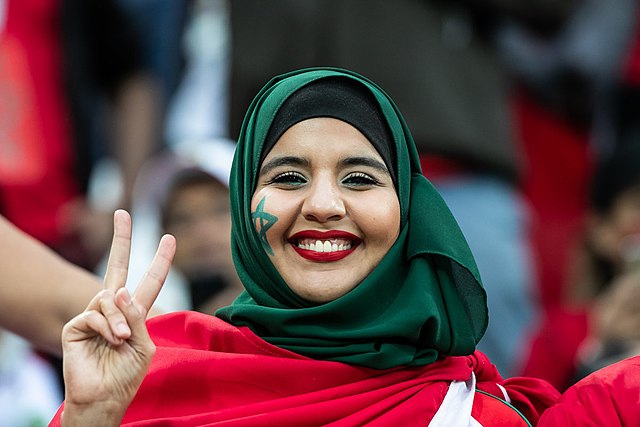
By Mehdi El Merini / Arab America contributing writer
Morocco’s successful joint bid with Spain and Portugal to host the 2030 FIFA World Cup is a monumental achievement, marking the first time the tournament will be co-hosted across two continents: Europe and Africa. This collaboration signifies a new era of transcontinental unity in sports while offering Morocco an opportunity to showcase its burgeoning football infrastructure, cultural heritage, and organizational capabilities. Hosting this historic tournament comes with enormous potential for economic growth, infrastructure development, and strengthening both Morocco and the Arab World’s global reputation.
Fouzi Lekjaa: The Architect of Morocco’s Bid
At the forefront of Morocco’s successful World Cup bid is Fouzi Lekjaa, a key figure in Moroccan and African football. As president of the Royal Moroccan Football Federation (FRMF) since 2014, Lekjaa has been instrumental in transforming Morocco into a football powerhouse. His leadership extends beyond the national level, as he also serves as a member of FIFA’s Council and is the second vice president of the Confederation of African Football (CAF).
Lekjaa’s strategic vision played a pivotal role in securing Morocco’s joint bid with Spain and Portugal. He prioritized diplomacy and forged strong relationships within FIFA and other football organizations. His efforts culminated in Morocco being recognized as a reliable partner, capable of hosting one of the most prestigious global sporting events. Beyond the bid, Lekjaa has overseen significant upgrades to Moroccan football facilities, ensuring they meet international standards. His initiatives include modernizing stadiums, investing in youth development programs, and hosting high-profile tournaments such as the FIFA Club World Cup and the African Nations Championship (CHAN).
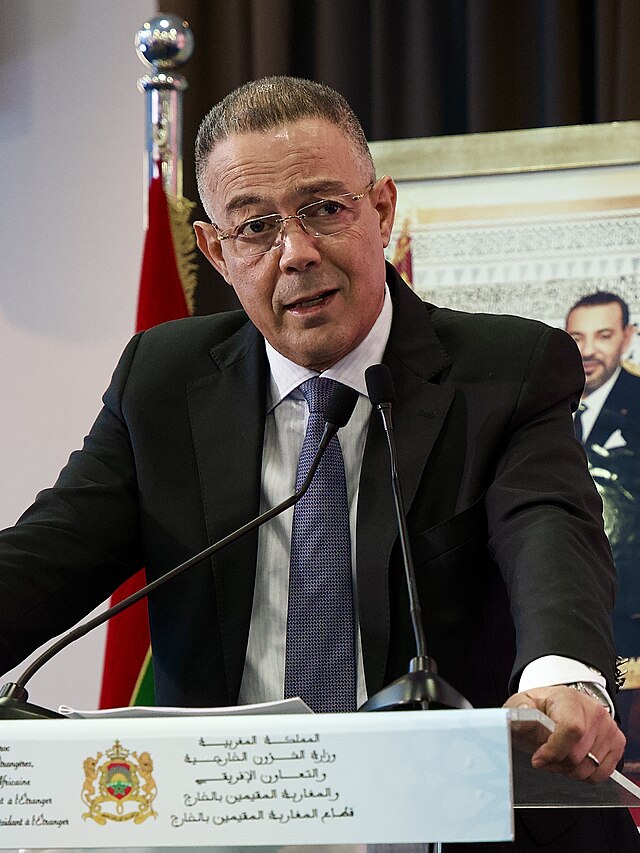
Infrastructure Development: Renovation and Innovation
Morocco is investing heavily in football infrastructure to meet FIFA’s rigorous standards. The country plans to utilize six major stadiums, five of which will undergo extensive renovations, alongside one entirely new venue:
- Hassan II Grand Stadium in Casablanca: A new state-of-the-art facility with a planned capacity of 115,000, this will be the largest stadium in Africa and a likely contender for hosting the World Cup final. Its design incorporates advanced technology, sustainable construction practices, and modern fan amenities.
- Prince Moulay Abdellah Stadium in Rabat: Currently one of Morocco’s premier venues, this 68,700-seat stadium will be upgraded to host semi-final matches. Renovations include enhanced spectator facilities, expanded VIP sections, and improved accessibility.
- Ibn Battuta Stadium in Tangier: With a capacity of 65,000, this iconic stadium will be refurbished to host quarter-final games. Planned improvements include eco-friendly upgrades, better transportation links, and a revamped pitch.
- Grand Stade Marrakech and Agadir Grand Stadium: Both capable of hosting over 45,000 spectators, these stadiums will see technological upgrades, enhanced seating, and improved infrastructure for players and fans.
- Fez Grand Stadium: Renovations will increase its seating capacity and modernize its facilities, making it suitable for hosting knockout stage matches.
These projects aim to enhance Morocco’s overall infrastructure, with significant investments in transport networks, including new highways, improved rail connectivity, and expanded airport capacities. The government’s focus on environmental sustainability is evident, with plans to integrate renewable energy and green technologies into the stadium upgrades.
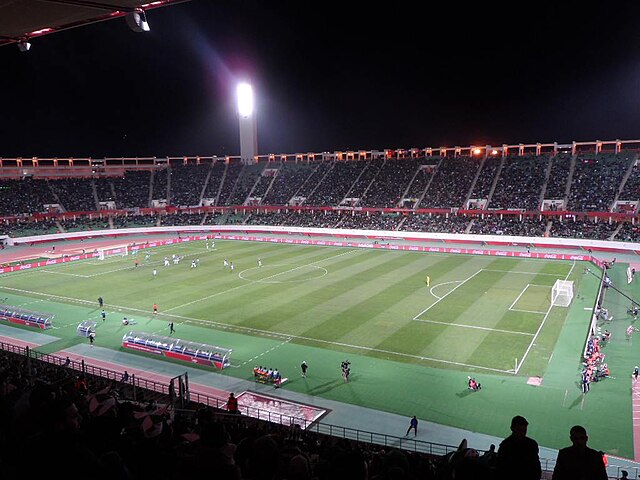
Economic and Social Impact of the 2030 FIFA World Cup
Hosting the World Cup is expected to bring substantial economic benefits to Morocco. The influx of millions of football fans will boost tourism, driving growth in hospitality, retail, and transportation sectors. According to government estimates, the event could generate billions of dollars in economic activity and create tens of thousands of jobs.
Moreover, the tournament provides an opportunity to elevate Morocco’s global image. By successfully organizing the World Cup, Morocco can position itself as a leader in sports tourism and infrastructure development. The investments made for the tournament will leave a lasting legacy, benefiting local communities and promoting grassroots football development. Facilities upgraded for the World Cup will also support domestic leagues and provide venues for future international events.
On a social level, the World Cup is expected to inspire a new generation of Moroccan athletes and fans. Community programs linked to the tournament aim to encourage youth participation in sports, fostering a culture of health, teamwork, and national pride.
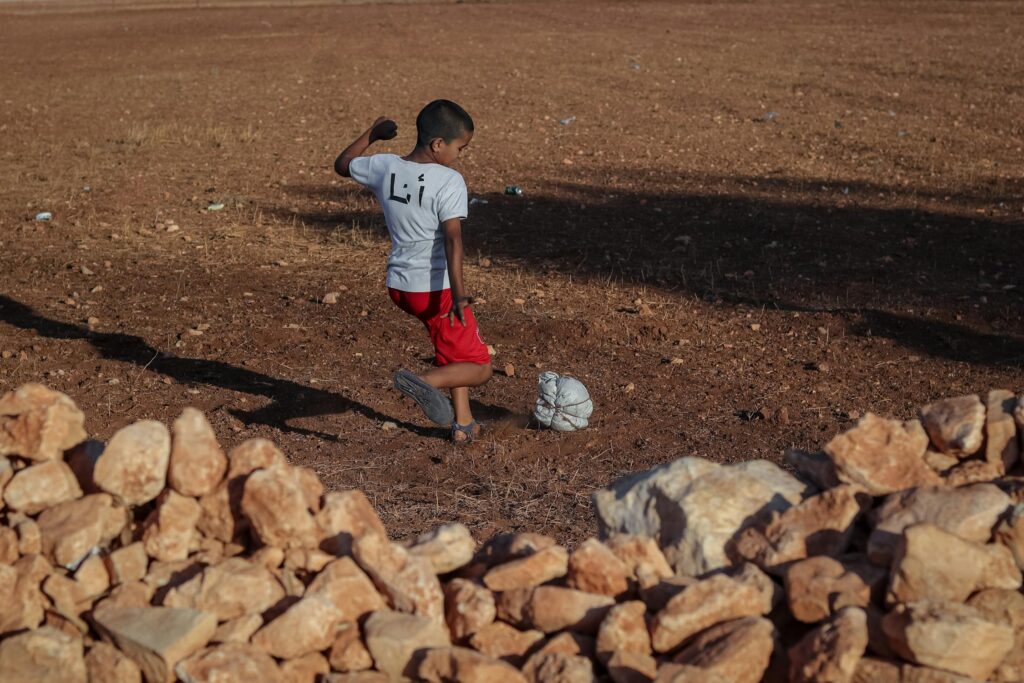
Strengthening Morocco’s Global Image
The 2030 FIFA World Cup underscores Morocco’s growing influence in global sports diplomacy. By partnering with Spain and Portugal, Morocco has positioned itself as a bridge between Africa and Europe. This strategic collaboration highlights Morocco’s capacity for cross-continental cooperation and showcases its cultural and logistical strengths.
The tournament’s significance is amplified by its timing, as it coincides with the centenary of the first FIFA World Cup in 1930. Morocco’s role as co-host reflects the recognition of Africa’s growing importance in global football and celebrates the sport’s universal appeal. For Morocco, it is a chance to share its rich history, vibrant culture, and passion for football with a global audience.
Challenges and Opportunities
Despite its ambitious plans, Morocco faces several challenges in preparing for the World Cup. Delivering large-scale infrastructure projects on time and within budget is a complex task. Ensuring that all venues are FIFA-compliant and environmentally sustainable adds another layer of difficulty. However, Morocco has demonstrated its ability to organize international events successfully, as seen during the FIFA Club World Cup and the CHAN (African Nation’s Cup).
The joint nature of the bid also presents logistical complexities. Coordinating match schedules, fan travel, and security across three countries will require meticulous planning. However, Spain and Portugal’s experience in hosting major tournaments, combined with Morocco’s organizational efforts, offers a robust framework for overcoming these challenges.
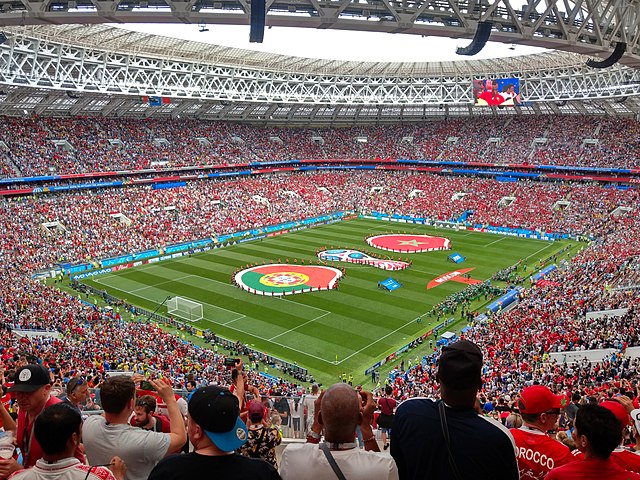
Looking Ahead
The 2030 FIFA World Cup represents a historic milestone for Morocco, offering unparalleled opportunities for economic growth, infrastructure development, and international collaboration. The country’s preparations, spearheaded by Fouzi Lekjaa, demonstrate its commitment to delivering a world-class tournament that celebrates unity, innovation, and cultural exchange.
With six world-class stadiums, a rich cultural heritage, and a reputation for warm hospitality, Morocco is poised to deliver an unforgettable World Cup experience. As preparations continue, the tournament is expected to leave an enduring legacy, transforming Morocco into a central hub for global sports and inspiring future generations of athletes and fans.
Check our our blog here!








